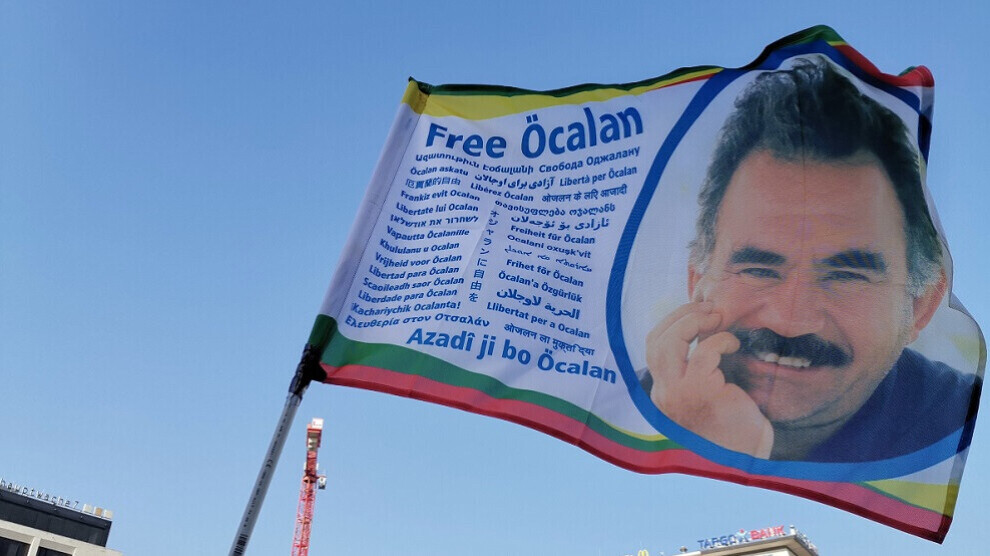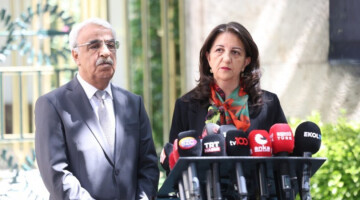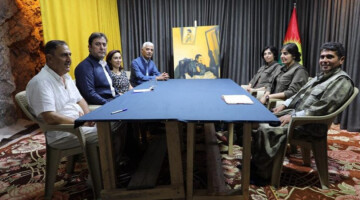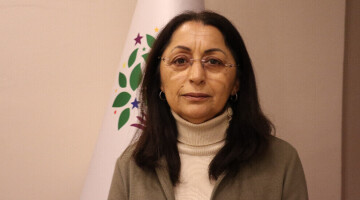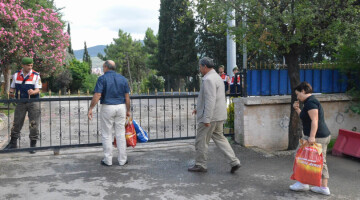In its Action Plan communicated to the Committee of Ministers of the Council of Europe, Turkey announced that it will not recognize the “right to hope” for some prisoners sentenced to aggravated life imprisonment.
The Action Plan, dated June 27, 2025, assesses obligations regarding the European Court of Human Rights (ECHR) judgments in the cases of Emin Gurban, Civan Boltan, Hayati Kaytan and Abdullah Öcalan (No. 2).
The European Court of Human Rights had ruled that the lack of any prospect of release or the possibility of a review of the penalty for those sentenced to aggravated life imprisonment in these cases violated Article 3 of the European Convention on Human Rights (prohibition of torture and inhuman treatment), stating that even those convicted of the most serious crimes should have the opportunity to demonstrate rehabilitation and apply for release. The Court asked Turkey to amend the relevant legislation.
Despite the fact that Abdullah Öcalan has been kept in solitary confinement since 1999, the Action Plan claims that “no further individual measures are required”. This indicates that the isolation of Abdullah Öcalan in İmralı will continue despite the ECHR ruling.
Under the heading “exceptions to conditional release”, the Turkish Government said aggravated life imprisonment sentence is applicable for only the most serious offences, but added: “Those sentenced to aggravated life imprisonment for crimes stipulated by virtue of the 2nd book, 4th chapter, subchapters 4, 5 and 6 of the Criminal Code (crimes against state security, constitutional order and national defence) committed within a terrorist organisation are not eligible for conditional release. Certain most severe offences are exempted from this possibility.”
Thus, Turkey has officially announced that it will not amend the legislation on the “right to hope”.
In May, Minister of Justice Yılmaz Tunç said that “there is no such situation” with regard to the right to hope for Abdullah Öcalan. Turkey’s Action Plan reveals that this approach has become official policy.
Turkey's stance raises serious questions about whether it will fulfill its international obligations and continue its isolation policies despite the ECHR rulings.
Background
Following Abdullah Öcalan's Call for Peace and a Democratic Society on 27 February and the PKK's announcement of its dissolution on 12 May, attention has turned to the legal steps the Turkish state may take.
The 10th judicial reform package, introduced before the Eid al-Adha holiday, fell short of expectations, and it was announced that the continuation of reforms would be postponed until September. During the discussions on the reform package, opposition proposals, especially from the DEM Party, were largely ignored.
Since the PKK's announcement of its dissolution, there have been repeated calls for improving Öcalan’s physical detention conditions, but no progress has been made.
Within this context, the Council of Europe Committee of Ministers addressed the 'right to hope' issue for Öcalan at its meeting on 17-18 September 2024, and gave Turkey a one-year period to take action.
The 'right to hope' became a topic of political debate in Turkey when Nationalist Movement Party (MHP) leader Devlet Bahçeli mentioned it during his party’s parliamentary group meeting on 22 October 2024. Bahçeli said: “If the government shows determination and resolve, legal regulations concerning the 'right to hope' should be enacted, and this right should be fully accessible.” The Turkish state has taken no official steps in this regard so far.
The 'right to hope' refers to a legal provision concerning prisoners sentenced to life imprisonment without the possibility of parole. This principle is based on the European Court of Human Rights (ECHR) ruling in the 2013 Vinter and Others vs. the United Kingdomcase, where the Court found that life imprisonment without a prospect of release violates Article 3 of the European Convention on Human Rights (which prohibits torture and inhuman or degrading treatment).
The reason the Committee of Ministers took up Öcalan’s case is due to a ruling by the ECHR dated 18 March 2014. Öcalan's lawyers had filed a complaint in 2003, arguing that the conditions of his sentence violated Article 3 of the ECHR. In its decision, the ECHR found that Öcalan’s aggravated life sentence, which offers no chance of release or review, and his solitary confinement constituted a violation of Article 3, just as it had ruled in the Vintercase. The Court also stated that appropriate legal reforms needed to be implemented. This was the first decision against Turkey regarding the 'right to hope.'
Following that, the ECHR issued two similar rulings: one in the Hayati Kaytan v. Turkey case on 15 September 2015, and another in the Gurban and Civan Boltan v. Turkey case on 15 December 2015. In both, the Court reaffirmed that life sentences without a mechanism for review or parole violate the prohibition of torture and inhuman treatment.
Despite it being ten years since the two rulings on Öcalan, Turkey has yet to enact any legal reforms to address the violations. As a result, the Council of Europe Committee of Ministers, which monitors the implementation of ECHR rulings, initiated a monitoring process to push for legal and practical changes regarding the right to hope and aggravated life imprisonment. At its 17-18 September 2024 meeting, the Committee gave Turkey one final year. Although Bahçeli’s statement shortly followed this decision, no legislative action has been taken so far.

